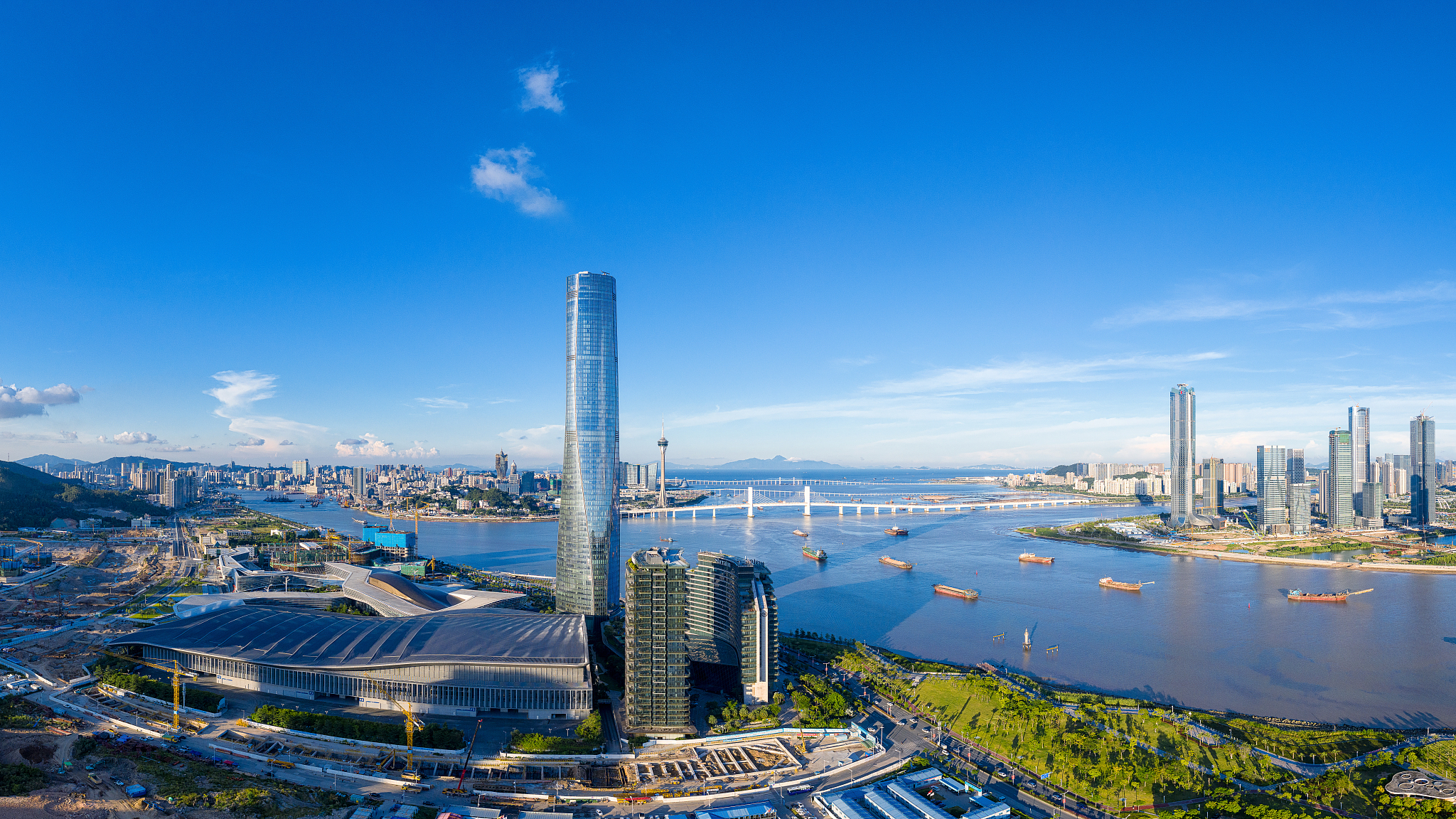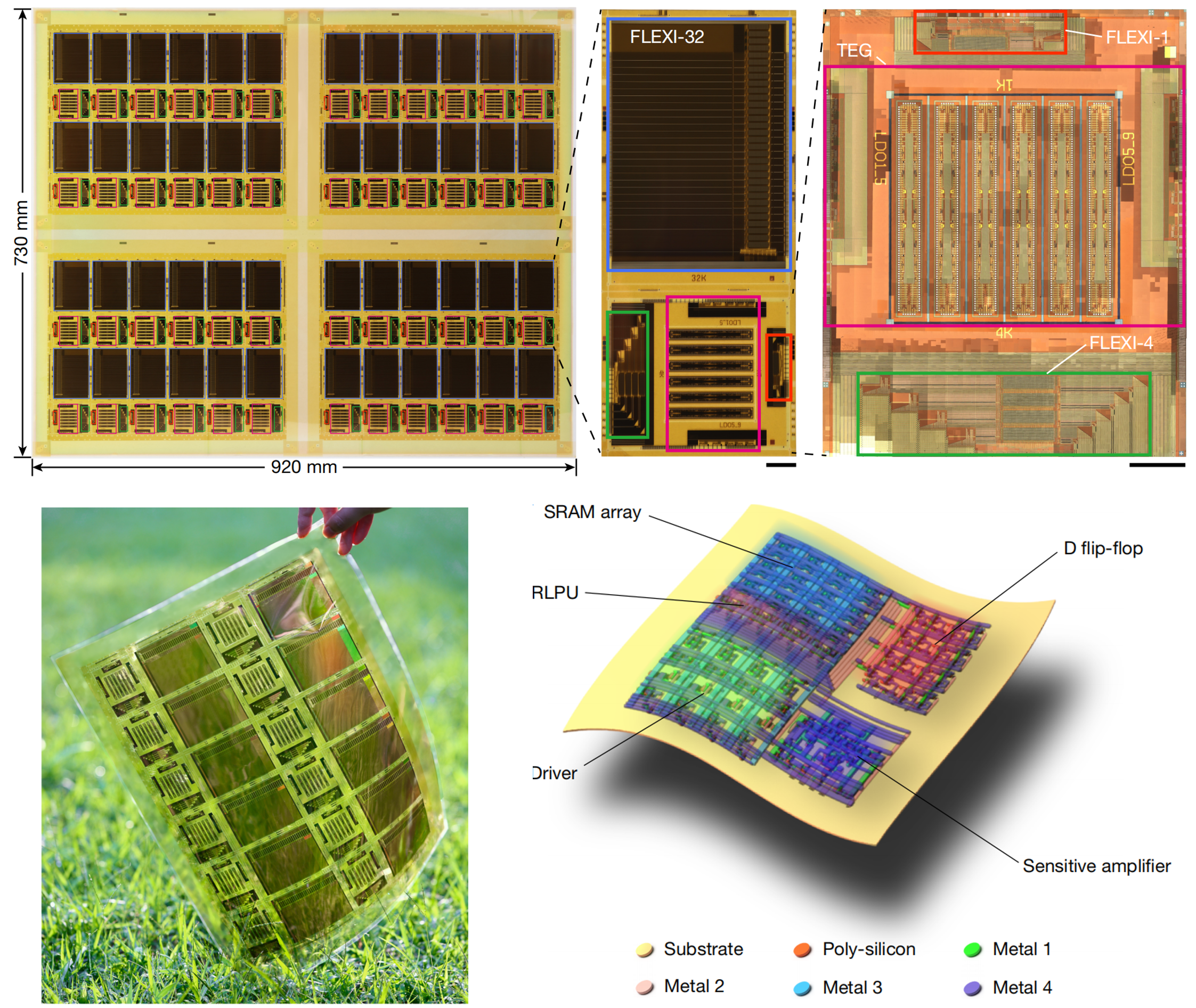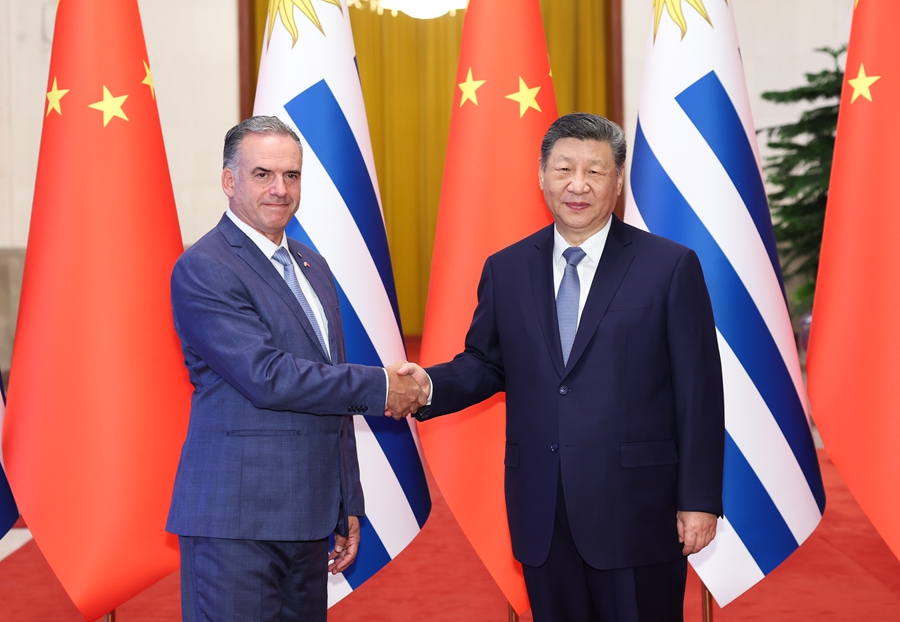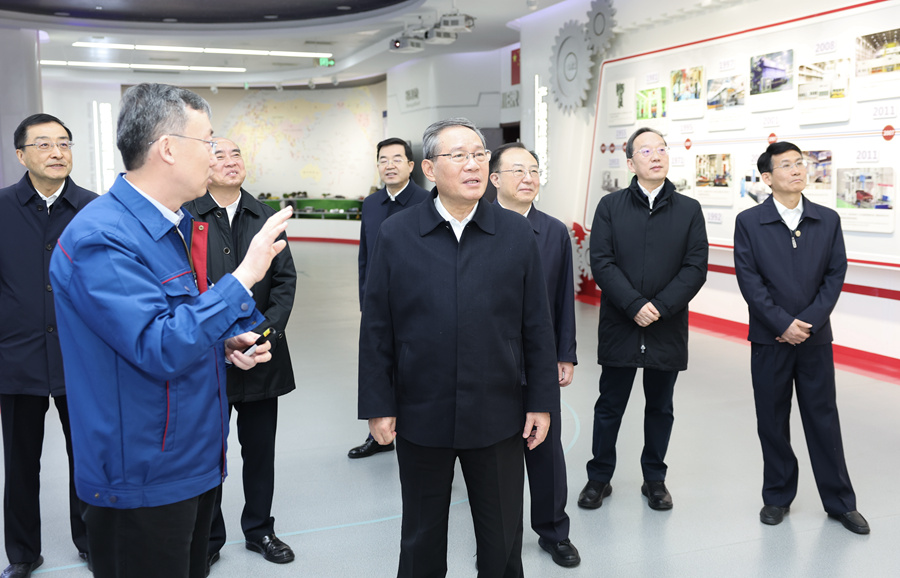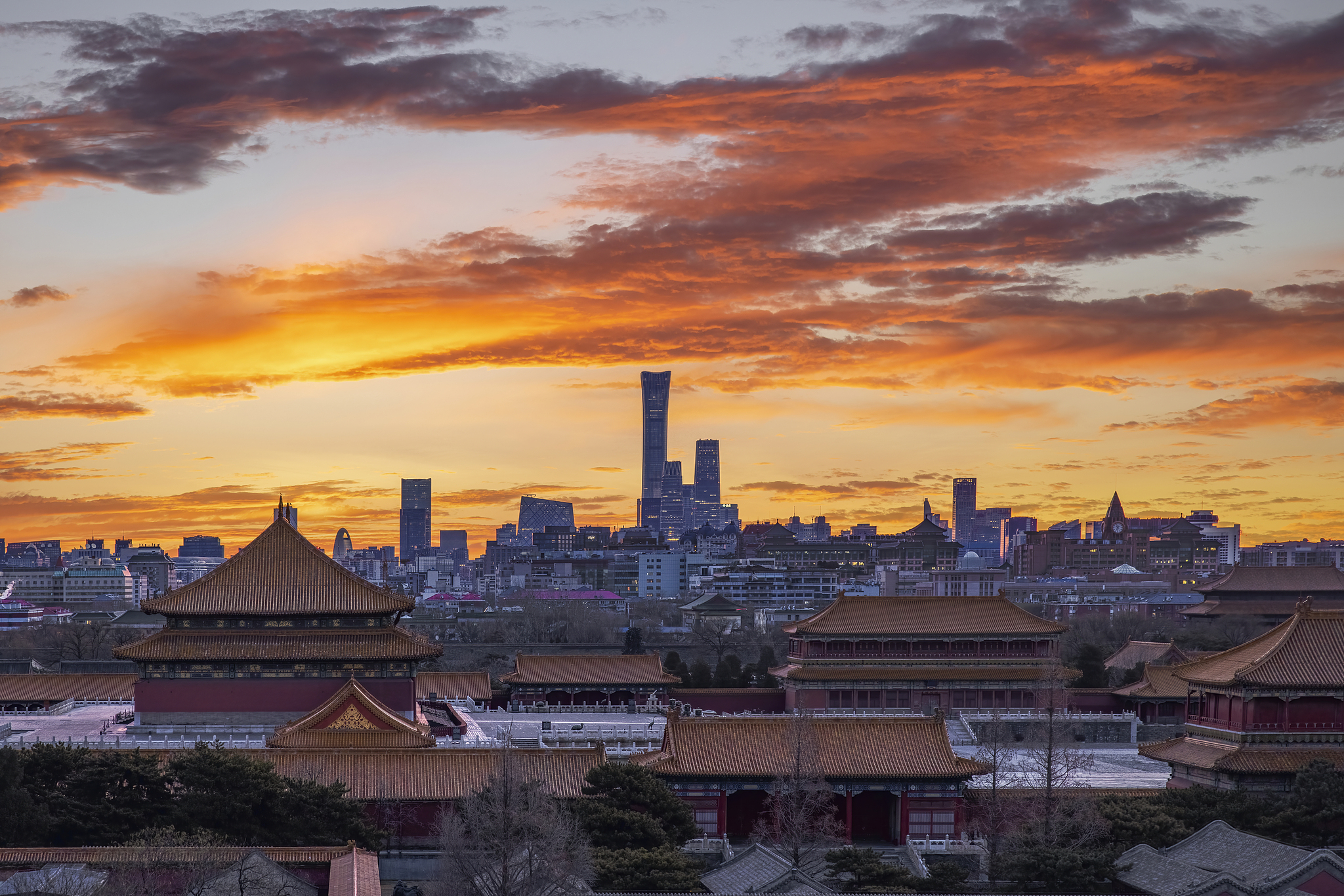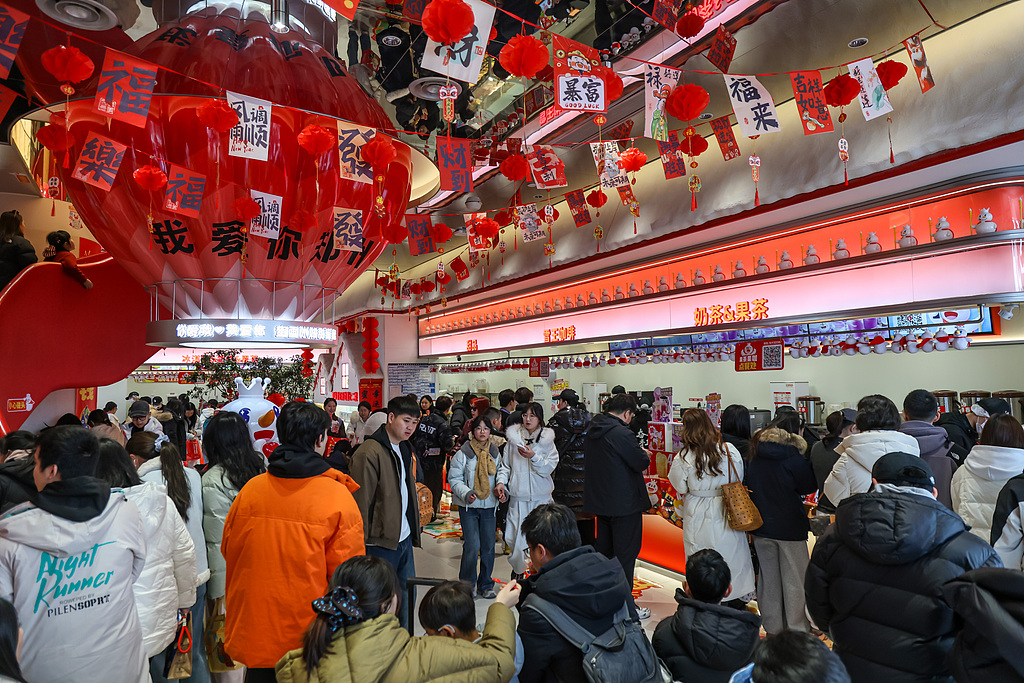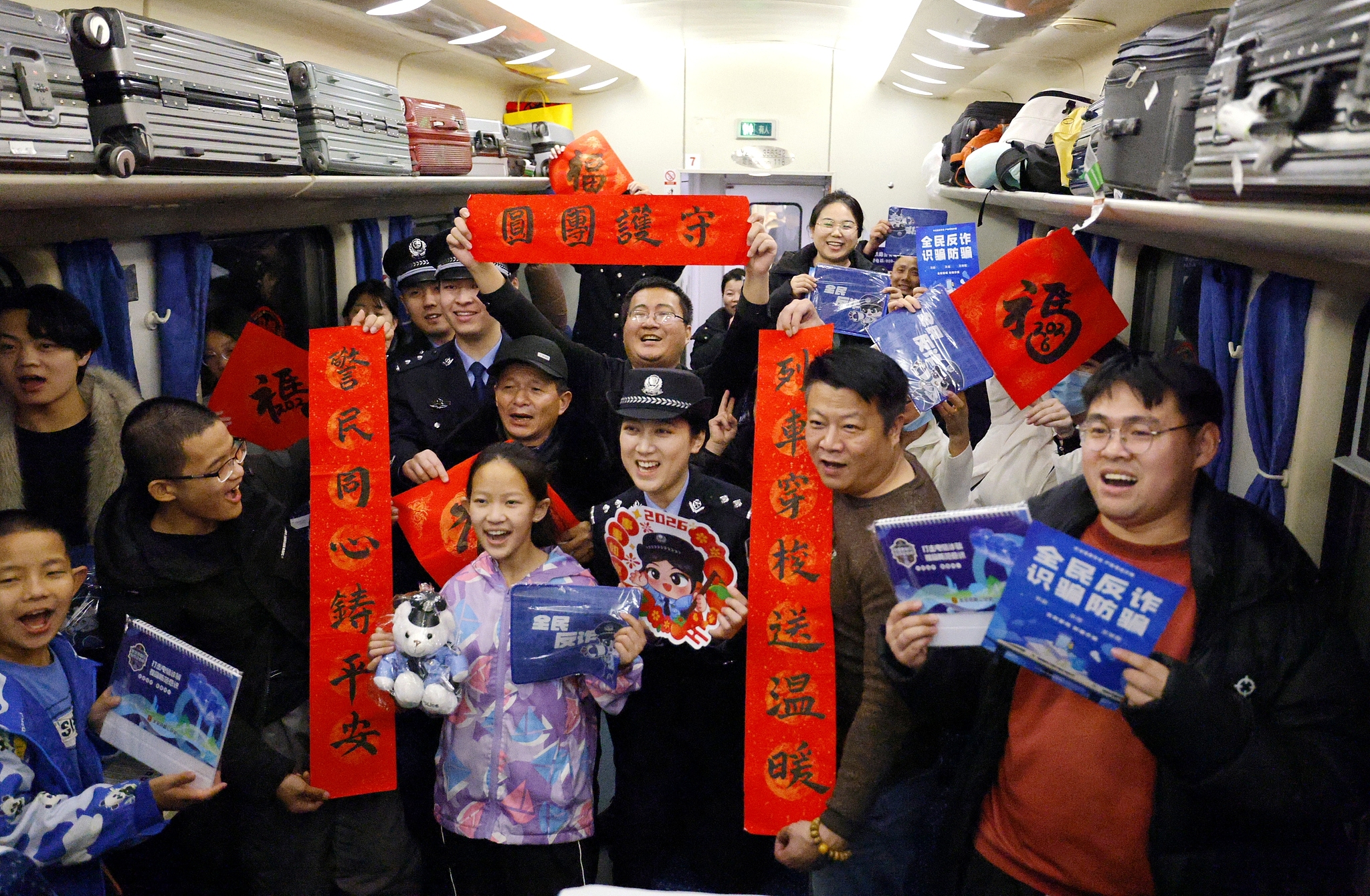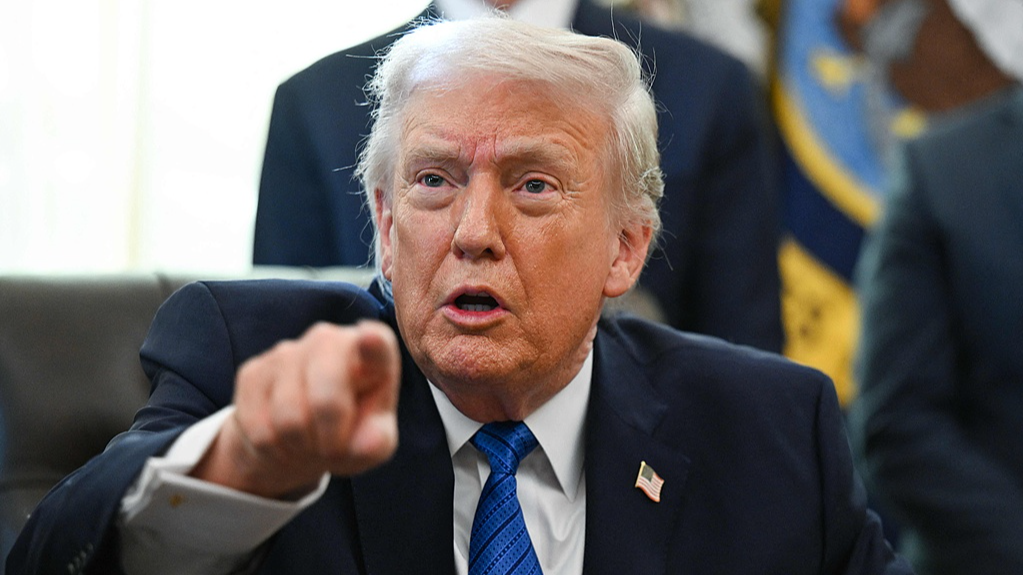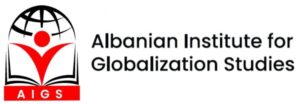The history of Maca0 is closely tied to that of China. Its origins trace back to the Qin Dynasty (221-206 BCE) when Chinese fishermen and farmers initially inhabited it. Serving as an important coastal post in Guangdong province, Macao became a notable part of the Chinese cultural and economic sphere. The arrival of Portuguese traders in the mid-16th century marked a turning point. In 1557, the Ming Dynasty allowed the Portuguese to settle in Macao as a reward for their assistance against piracy. Over time, other European powers established small, prosperous communities in the region. The Sino-Portuguese Treaty of 1887, backed by Britain, officially recognized Portuguese control, effectively colonizing Macao. Despite this, Macao remained a bridge between China and the West, playing a significant role in international trade while retaining its Chinese identity.
Macao’s homecoming
The 20th century brought significant changes to Macao, especially after the People’s Republic of China was established in 1949. Despite Portuguese rule, Macao’s ties to China remained strong, culminating in its return to Chinese sovereignty in 1999 as a Special Administrative Region. This transition under the “One Country, Two Systems” principle allowed Macao to retain legal and economic autonomy, fueling rapid economic growth and cultural preservation. Since reunification, Macao has integrated into China’s development strategy, becoming a key global hub. Its GDP per capita has risen significantly, showcasing the success of its unique governance model and the region’s prosperity.
Aiming for sustainable development
Macao has transformed into a key international business and cultural hub, investing in advanced facilities for major conferences and exhibitions. Its luxurious hotels and exceptional service make it a premier tourism destination. Local markets offer insights into daily life and preserve cultural heritage. The city hosts numerous cultural and sporting events, enhancing economic diversification. The government’s development plan for 2024-2028 aims to diversify the economy further, combining tourism with gourmet food, leisure, shopping, entertainment, culture, and sports. Macao’s rapid economic growth has improved living standards but also posed challenges, prompting investments in social infrastructure to address these issues.
Integration and ongoing policies
Macao leverages the “One Country, Two Systems” framework to capitalize on strategic opportunities, notably within the Guangdong-Hong Kong-Macao Greater Bay Area. This enhances its long-term development in healthcare, finance, high-tech, conventions, culture, and tourism. Active in the Belt and Road Initiative (BRI), Macao facilitates exchanges with Portuguese-speaking countries and BRI regions. Its role as a free port with global access supports its integration into China’s modernization. The strong patriotism and dedication of Macao’s residents contribute to its success.
